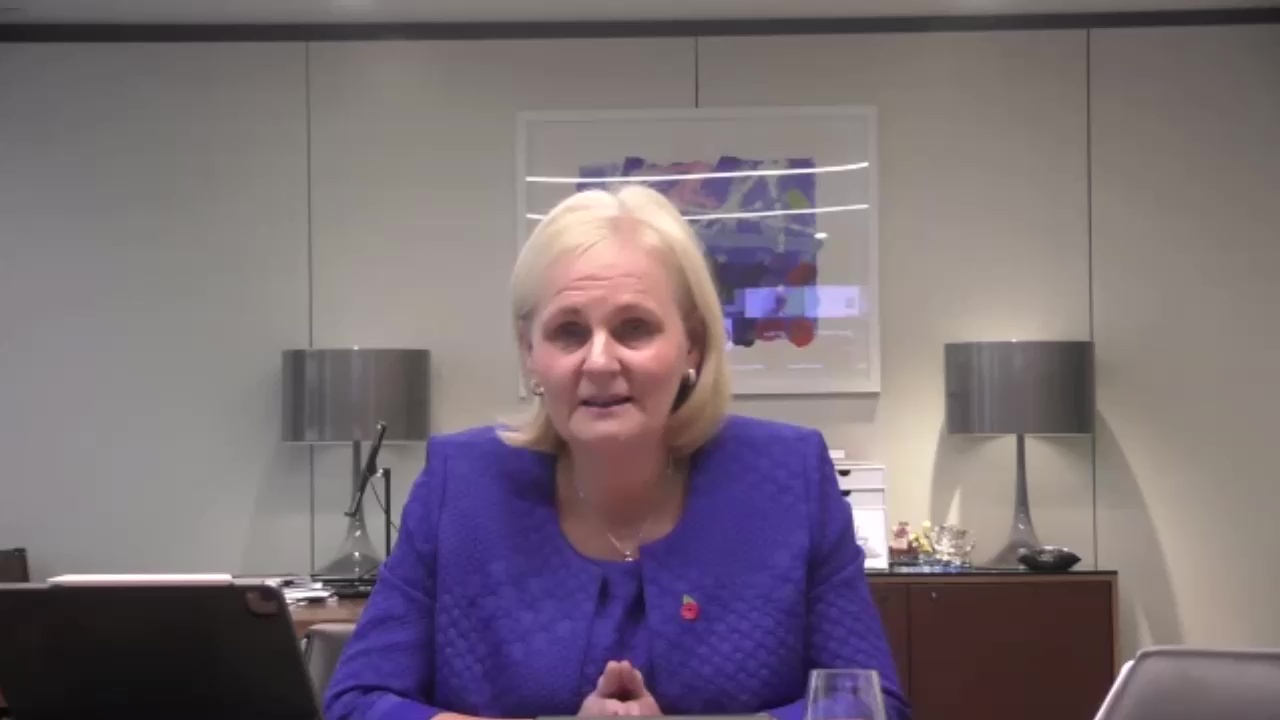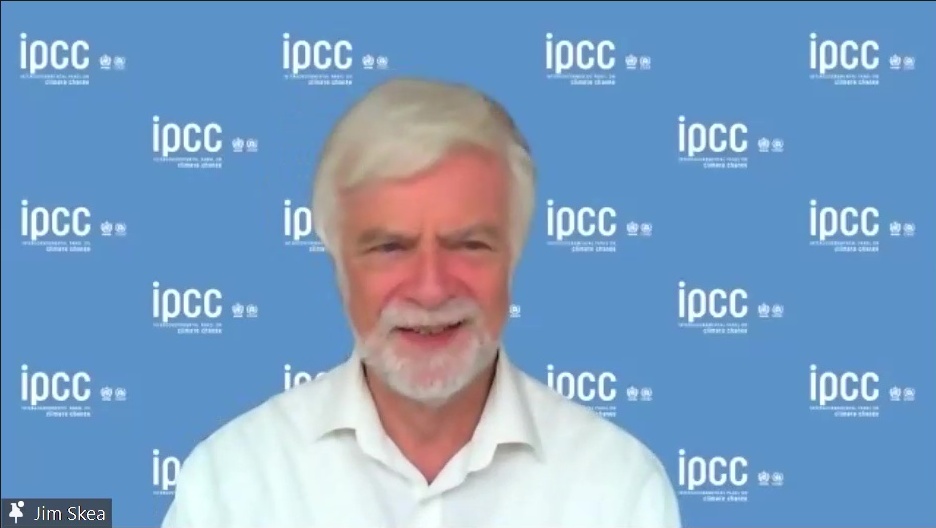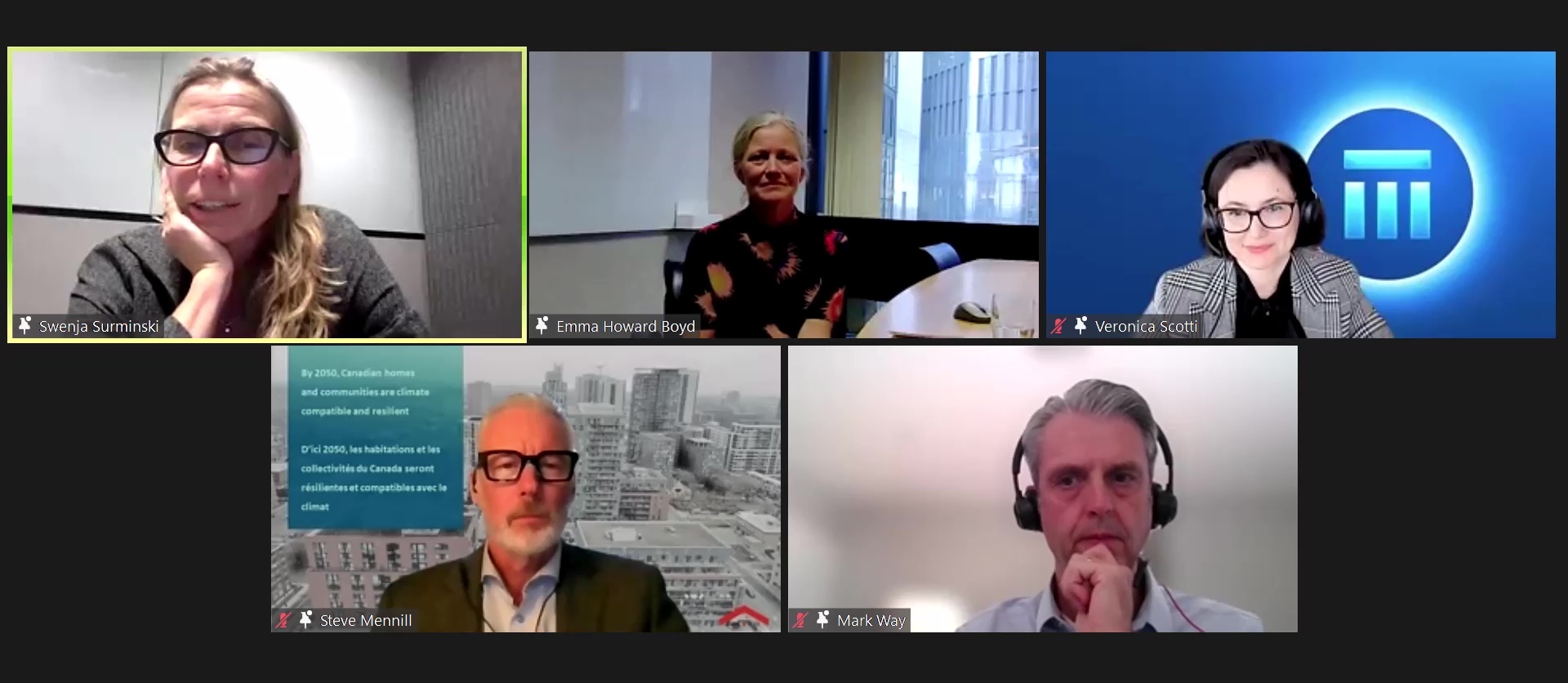Virtual conference
As the earth warms due to human activity, extreme weather events will become increasingly frequent and severe across the world. The deployment of new technologies and new ways of thinking across the planet will be required to tackle climate change.
Insurers have a critical role to play in facilitating this transition. They have the capital to invest in new technologies as well as the expertise to assess, price and cover the risks associated with them. Collaboration with all stakeholders involved will be essential to both reduce and absorb these risks. Consistent public policy and international regulation across different layers of government will be key to making this transition a just one.
The Geneva Association’s 2022 Climate Change & Environment Conference, held virtually on 3 November and co-sponsored by Aviva, explored how insurers can help manage the risks associated with the transition to a low-carbon economy and how to maintain the insurability of physical climate risks.
Summary
Opening address: Planning for the Transition: Our role in getting the world climate ready

Amanda Blanc, CEO, Aviva.
Insurers play a central role in society, absorbing risk and lending expertise to help shape policies . In her opening address, Amanda Blanc, CEO of Aviva, outlined how they can, and why they must, do more. Insurers need to work proactively with governments, public bodies and regulators to create clear and consistent transition plans following the guidelines set by the Glasgow Financial Alliance for Net Zero (GFANZ). Insurers can show their commitment by joining net-zero alliances and decarbonising investment portfolios. They must also make better use of their influence, calling on policymakers to impose mandatory transition plans, remove barriers to clean energy and nudge markets in the right direction.
Keynote speech: Challenges and Opportunities with Managing Risks Associated with a Low-carbon Transition

Jim Skea, Co-chair of Working Group III of the Intergovernmental Panel on Climate Change (IPCC), Professor of Sustainable Energy at Imperial College London.
In his keynote speech, Jim Skea summarised the IPCC’s latest findings.
Immediate and fundamental changes to the economy are required to meet Paris Agreement targets by 2030 without incurring unmanageable levels of cost and disruption. It is imperative that governments keep their promises. Zero-carbon energy requires rapidly replacing fossil fuels with alternatives and efficient electrification, while simultaneously accelerating carbon capture. Finance has a central role to play in addressing investment gaps for mitigation and adaptation technology, especially in more vulnerable regions. But demand-side, behavioural changes alone – enabled by green infrastructure and innovation – can significantly reduce emissions without compromising on human needs. Even in emerging economies where the demand for energy is high, growth and improved well-being do not have to come at the expense of the environment. Leaders must set clear goals for tracking progress and educate all layers of society about climate impact and risk. A just transition to net zero requires inclusive and participatory governance that prioritises equity.
Panel 1: Managing Risks Related to Deploying Climate Technologies

(Top) Darryl Murphy, Managing Director, Head of Infrastructure, Aviva Investors; Maryam Golnaraghi (Chair), Director Climate Change & Environment, The Geneva Association; Christopher J. Creed, Senior Advisor, U.S. Department of Energy; (Bottom) Derek Baraldi, Head of Sustainable Finance and Investing, Head of Banking and Capital Markets Industry, World Economic Forum; Jeff McAulay, Co-founder and President, Energetic Insurance.
The first panel of the conference explored the factors inhibiting the wide-scale deployment of green technologies and suggested possible solutions.
Though the rapid rollout of new climate technologies will be crucial to global decarbonisation, they often struggle to reach the technology readiness level (TRL) for commercialisation that would allow them to have a positive impact on climate change. At the same time, financiers are wary of investing in technologies which are not tried and tested. The inherently high technological and market-based risks involved therefore necessitate an innovative and cooperative approach to financing. Governments should pave the way for blended finance to incentivise private investors and come up with targeted delivery plans and methods to improve the credit ratings of the businesses developing these technologies and help their products achieve a high TRL. Insurers, public funding bodies, policymakers and the private sector must work together like never before to realise a just transition to a green economy.
Implications for insurers:
- The insurance industry’s expertise in risk management will make it a key player in de-risking new technologies .
- Insurance companies should work together, forming consortia to underwrite off-taker insurance for high-risk projects.
- Insurers should work with technology developers from the outset, mapping risk and innovating solutions; helping new companies reach financial maturity; and creating aggregated portfolios of technologies.
Panel 2: Long-term Insurability of Physical Climate Risks – Drivers, challenges and solutions

(Top) Swenja Surminski (Chair), Managing Director Climate & Sustainability, Marsh McLennan; Professor in Practice, Grantham Research Institute on Climate Change & the Environment, London School of Economics and Political Science (LSE); Emma Howard Boyd, Chair, Green Finance Institute; Veronica Scotti, Chairperson, Public Sector Solutions, Swiss Re; Steve Mennill, Senior VP & Chief Climate Officer, Canada Mortgage & Housing Corporation; Mark Way, Head Sustainability Underwriting, Zurich North America.
The second panel focused on the future insurability of physical climate risks and how resilience building and risk prevention will be key to maintaining insurance accessibility and affordability.
Climate change has implications for economic growth, and recognition is growing that climate mitigation and adaptation are urgent matters of national security and critical to business. Radical, proactive collaboration is needed to make quick and wide-reaching changes. Governments must share data across borders and learn from other geographies on the front line of climate risk. Data is key: the value of protecting nature needs quantifying in terms that financiers will understand. A unified way of measuring impact is needed to ensure that investment in nature-based resilience is maximised. Many governments, especially in North America, are absorbing too much climate change-related financial risk by reactively compensating for disaster losses. They need to proactively move towards a market-based solution by pricing physical risk into financial decisions made by property owners and developers. This will help curb the concentration of assets in high-risk areas, reduce moral hazard and promote the insurability of risk.
Implications for insurers:
- The insurance industry must mobilise international finance in order to tackle protection gaps.
- Insurers need to design adaptation-centred policies to both absorb and reduce environmental risk, while providing holistic benefits to communities and ecosystems.
- Insurance companies, local and national governments, regulators, businesses andthe finance industry must collaborate to scale up community-level successes.






